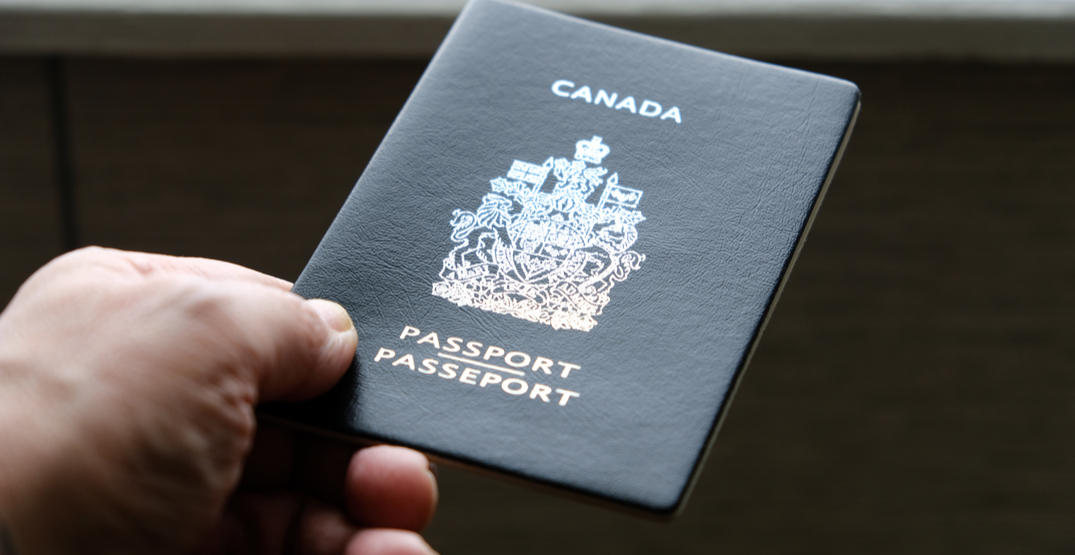

Operational Bulletin
This Operational Bulletin (OB) provides instructions for retrieving passports or travel documents in the custody of the Canada Border Services Agency (CBSA) to allow Citizenship and Immigration Canada (CIC) offices in Canada to complete stage 2 processing or landing procedures for all permanent resident applicants. It also clarifies guidelines for officers’ discretion to waive passport requirements when an applicant is close to landing, when circumstances warrant.
The CBSA has agreed to respond to passport or travel document requests from CIC within three (3) business days provided that medical, criminality, and security clearances have been passed for the principal applicant and their family members in Canada, and where applicable, overseas.
When a request from CIC is received by the CBSA and it is confirmed that the passport or travel document is the last impediment for the processing of permanent resident status, the CBSA will send the passport or travel document within seven (7) business days to CIC. It will be the CBSA’s responsibility to keep a certified copy of the document on file.
If there is no response from the CBSA within seven (7) business days, CIC agents should send a follow-up request indicating that the passport or travel document remains outstanding. If no response is received within another 7 business days, CIC agents should contact CBSA National Headquarters at CBSA NHQ who will follow-up with the appropriate office.
Note: The CBSA will not release a passport or travel document directly to a foreign national. As such, CIC should not be directing applicants to the CBSA to request the return of their passports/travel documents.
As per PP 4, foreign nationals who have been determined to be protected persons and the family members included in their application for permanent residence, may be granted permanent residence if they are not inadmissible under A34, A35, A36(1), A37 or A38(1)(a) or (b) of the Immigration and Refugee Protection Act (IRPA). However, the inadmissibility of a family member has no bearing on the admissibility of a protected person or other included family members as stipulated in A42 of the IRPA.
CBSA can release the passport or travel document to the CIC office processing the application for permanent residence of a protected person who has passed all stage 2 clearances in advance of family members passing all clearances in light of A42 of the IRPA.
CBSA can release the passport or travel document for applicants applying in other categories of permanent residence once they and their family members, both in-Canada and overseas, have passed all stage 2 clearances and are otherwise ready to be landed.
The stage 2 processing office will check the National Case Management System (NCMS) to verify whether a passport is valid.
It is the responsibility of the stage 2 processing office to send the request for a passport or travel document to the CBSA (refer to Annex B for CBSA offices). If the stage 2 processing office is not the same office that is landing the applicant, the stage 2 office must specify in their correspondence to the CBSA that the document needs to be sent to the CIC handling the landing procedures and include the appropriate address. CIC must indicate on the request that all other requirements have been met and that the passport/travel document is the last requirement, otherwise CBSA will not release the document. The stage 2 processing office should copy the local office landing the applicant of the incoming passport, in anticipation of scheduling the Confirmation of Permanent Residence (COPR) interview. Refer to Annex A for template email that can be used when corresponding with the CBSA.
Before requesting an expired passport from CBSA, an officer should review the circumstances of the case to determine whether a waiver of the passport requirement is warranted. CIC officers should consider waiving the passport requirement when identity is not a concern.
Refer to Section 10.4 of PP 4 for acceptable identity documents for granting permanent residence, which can include a passport, other described identity documents or statutory declarations. While protected-person applicants for permanent residence may submit a national passport, officers must not advise, counsel or instruct applicants to approach their embassy or other representative office to obtain a passport or renew an expired passport, or other document. Applicants should avoid approaching the embassy of the country from which they have sought protection.
Page: 1 2
What are the requirements for becoming a Canadian citizen? To become a Canadian citizen, you…
Writing a letter of invitation doesn’t mean you’re legally responsible for the visitor once they…
As of January 28, 2025, Immigration, Refugees and Citizenship Canada (IRCC) has updated the health…
The Super Visa is a multiple-entry temporary resident visa (TRV), issued with a validity of…
The Super Visa is a multiple-entry temporary resident visa (TRV), issued with a validity of…
If you applied for a new temporary resident visa, or a study or temporary work…